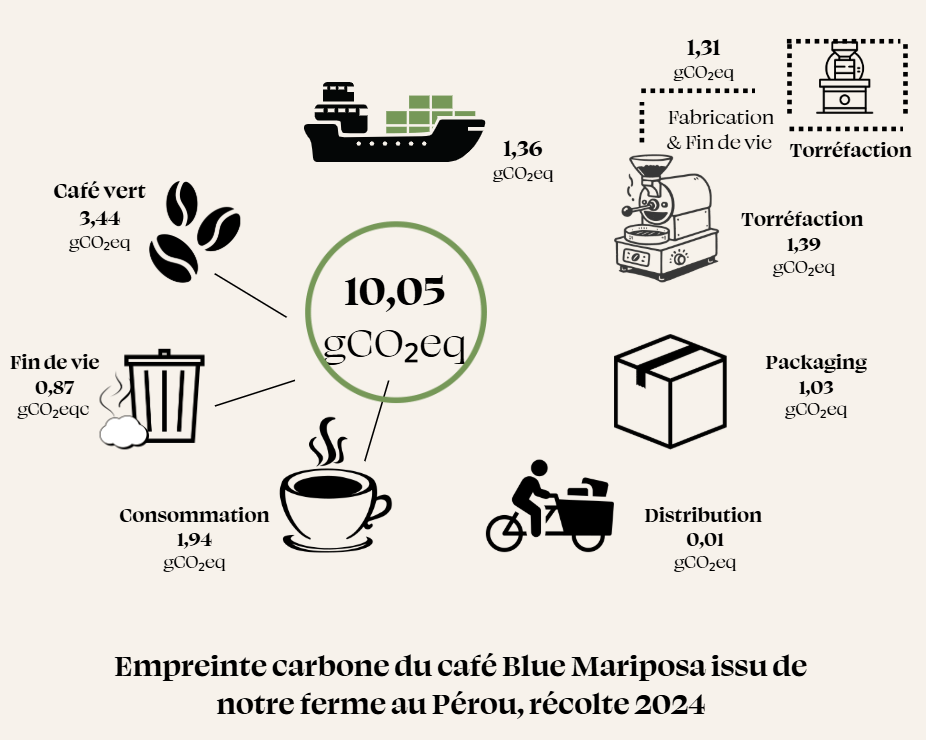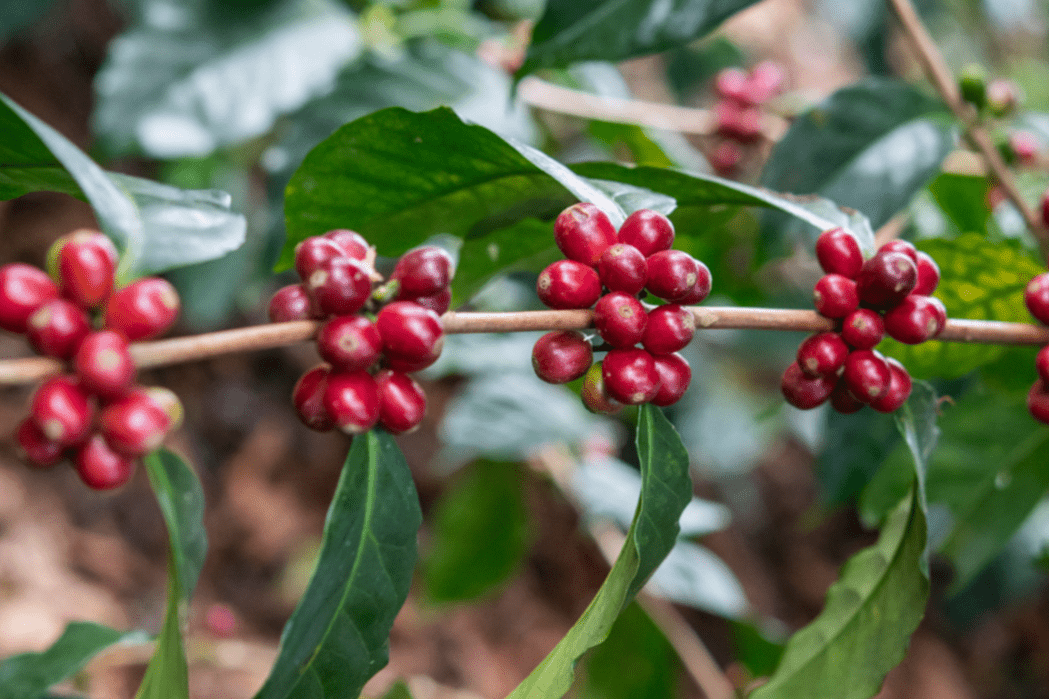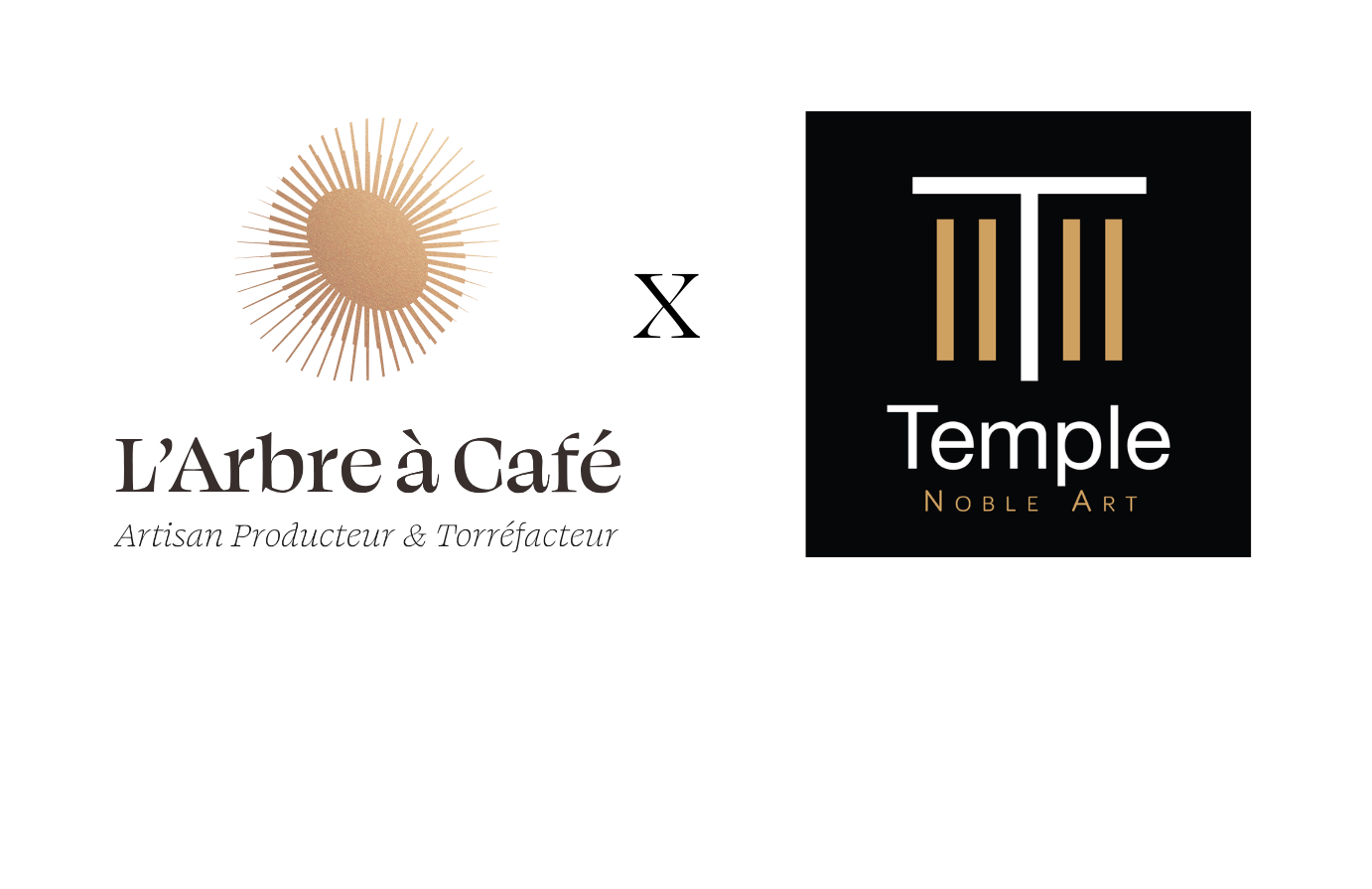You drink natural or biodynamic wine, you shop at the Biocoop and choose only organic products for your children, so why not do the same with coffee?
Discover our selection of organic and responsible coffees.
If organic coffee has often been the sign of a militant purchase associated with fair trade, it is now experiencing a real rise in quality, like its elder brother, wine, which combines high taste and agricultural qualities. This is the promise of L'Arbre à Café.
If organic coffee represents today only 2% of the coffee market, it has the wind in its sails and in the face of repeated scandals, which, surprisingly, have not yet affected coffee, it convinces more and more consumers and producers.
A sign? In the United States, the country from which Specialty Coffee has conquered the world, coffee is the number one imported organic food, far ahead of organic cocoa and organic chocolate.
So, do you want your coffee ground or bean, with or without chemicals? With or without pesticides? We chose, more than 10 years ago.
How can we talk about organic coffee without addressing and trying to answer the following questions:
-
Why does organic coffee exist? Are there pesticides in industrial coffee?
-
What is the price of organic coffee? Does it cost more? Why does it cost more?
-
Soluble coffees, in capsules. Can they be organic ?
-
What are the labels and certifications that govern the production of organic coffee?
-
Are all fair trade coffees organic?
-
How much does an organic certification cost?
-
Is certified coffee better than non-certified coffee?
-
Is there only one organic? (agroforestry, agro-ecology, biodynamics)
Yes, there are pesticides in coffee because coffee is a food like any other, it is primarily produced with a lot of chemical inputs, the favorite being glyphosate.
It is always very disturbing to hear from some professionals or amateurs the following preconceived idea: "our producers are too small or too poor to afford chemical inputs". In fact, the opposite is true.
The less producers have the means, the less they can afford to do without chemical inputs because everywhere in the world, it is the labor and the money that are expensive...
And this for two main reasons. The first is that synthetic chemistry is very efficient, as we know, and inexpensive on a per hectare basis. With one liter of glyphosate, you do the work of several workers.
The second is that in order to cultivate and harvest coffee, the producer needs financial support, the harvest advance, in order to pay the pickers in particular. He pays the pickers during the harvest, from which he will not receive the fruits of his labor until months later. This financial service is provided by the exporters. However, the latter want to guarantee quality and quantity and oblige or help producers to use chemical inputs. This is a circle whose results are well known, not only for the people but also for the soil and the environment.
As in the vineyard, virgin soil is dead soil, a grassy cover that turns burnt brown is a dead cover, killed by glyphosate.
It is for these reasons that all certified organic coffee today goes through a laboratory analysis to know their residue levels, including glyphosate!
So, if it is unacceptable in fruit, milk and meat, why would it be acceptable to drink contaminated coffee?

Organic coffee still represents a minority of surfaces and producers
Yes, organic coffee growing represents, today, around 2% of the market, and a little less than 10% of the world surface, of which more than half is in Central and Latin America.
The top organic coffee producing countries are Peru, Ethiopia, which is the top organic producer in Africa, and Mexico. Nepal and East Timor are small producers, but particularly sustainable, as more than half of their agricultural area for coffee is organic!
Drinking organic coffee is therefore drinking an exceptional coffee by definition!
Soluble coffees, capsules, decaf, coffee beans: all organic?
Good news: all coffees, or almost all coffees, can be certified organic. You can find organic soluble coffee, organic decaf, organic coffee beans and even organic capsules on the shelves.
Indeed, the certification looks at the farming method and the processing. If your coffee is processed without chemical inputs and is organically grown, then it should be eligible for certification.
Offering excellent organic decaf is therefore possible if the decaffeination is done without solvents. That's why at L'Arbre à Café we only offer decaffeinated coffees in reverse osmosis, without any input, according to the Swiss Water method.
Why does organic coffee cost more?
This is at the very basis of the logic, pay more to better remunerate the producer who renders a better service to the consumer, to his employees, to his neighbors and to the planet. What are the additional costs of organic farming?
There is the cost of certification, the cost of transport which is higher because it is traced and certified, the administrative work so that the coffee can travel and be cleared through customs as organic, the cost of analysis, the cost of the premium (+ 30 cents), and finally the compensation for the drop in yield.
Indeed, organic farming leads to lower yields per hectare and often also to higher labor costs.
Organic coffee is therefore by definition more expensive than conventional, and if this is not the case, it is because the problem lies, like pesticides, in the conventional.
The organic coffee is like the commercial coffee, above all a coffee of volume
Yes, certified coffees in general have found their market primarily in supermarkets and organic grocery stores. For a long time, this was a militant choice, sometimes to the point of contradiction. How many consumers were happy to buy a "small, cheap, organic and fair trade coffee from Chiapas"?
You will have understood that if it is organic and cheap, or fair trade and organic and cheap, it cannot be good, and especially that the circle which was supposed to be virtuous, turns out to be vicious, because the underpaid producers.
Today, L'Arbre à Café promotes coffee of very high environmental and taste quality. This is a real challenge because the demand for certified coffee in the high quality Specialty Coffee is non-existent from the professionals.
We know from our constant travels to the Origins and plantations that Specialty Coffee producers are among the first users of synthetic chemical inputs.
Just like wine growers, who are the farmers who use the most pesticides, high-flying coffee growers, who want to control everything, are great fans of synthetic chemistry. In Kenya, for example, it is not possible to export coffee without showing a phytosanitary booklet...
In Panama, the largest farms, even the most publicized ones, use and abuse glyphosate, in Brazil, the most famous and marketed plantations grow coffee at extraordinary yields on bare and red soil... not by magic but by chemistry.
It is because we are aware of this reality that at L'Arbre à Café organic is not an option.

The organic certifications are legion and cause confusion
Yes, there are many certifications and that is confusing. While everyone dreams of a single certification for simplification, life responds that it likes diversity, and that it likes to highlight the different degrees of depth of organic.
In France, the AB label, which belongs to the State, and in Europe, the Eurofoil, which is the responsibility of the European institutions, are intended to act as an umbrella for all other organic farming labels. These are the best known.
However, neither the State nor Europe delivers certifications. It is therefore necessary to go through so-called certifying bodies such as BureauVeritas or EcoCert but also IMO or Bio Latina for example in coffee. Certifications vary from one country to another, which fuels criticism and forces coffee growers to race for certifications. Thus, each of the three major markets, European, American and Japanese, requires a different certification....
What are the certifications and labels?
The industrialists, not wanting to switch to organic farming, but wishing to show their progress in terms of cultivation or thematic, have created several labels over time.
Thematic labels :
Rainforest Alliance, Birdf riendly, FairforLife. If these labels have their interest because they are a sign of progress, they are much less demanding than the organic labels and only look at one aspect. In short, it is better to have a coffee with a label than one without.
Self-certified labels:
Some manufacturers create specifications on which to capitalize and adapt to their constraints, such as AAA.
Others, often smaller, publish the results of analysis of farmers for which there is no guarantee of either the method or the real source of the sample. In fact, certification and especially the establishment of specifications is a profession in its own right and the independence of the control bodies is essential. Without counter-power, there is no democracy, without a third party organization, there is no control, no security. It's as if the student was self-evaluating during exams and competitions!
At L'Arbre à Café we believe that all self-certification systems should be banned, whether in agriculture (organic), in the environment (carbon offsetting) or in social issues.
Organic labels + :
Long before the establishment of a European label, considered by some to be too open, some organizations wanted to propose a more profound choice of organic products. The two best known, which concern French products, are Nature et Progrès, and Bio Cohérence.
At L'Arbre à Café, we have many winegrower or farmer friends who adhere to one of these two labels because they promote agro-ecology, prohibit certain products such as palm oil and demand 100% organic.
The organic label + biodynamic agriculture:
Demeter: Biodynamic agriculture, let's repeat, is an organic agriculture based on eight preparations dynamized and sprayed in homeopathic doses according to a shared calendar.
The Demeter label is private but is issued by many certifying bodies such as EcoCert, IMO etc... It is an integral organic but also the only one in the coffee to certify the biodynamic coffee. Without this certificate, the coffee cannot be indicated biodynamic. In wine, there are two labels: Demeter and Biodyvin.
In our experience, producers who claim to be biodynamic without obtaining the label are only very approximately biodynamic and follow only one of the elements of this complete agriculture. In fact, they ignore all or part of biodynamic agriculture. In this sense, the label is a fundamental point to separate the wheat from the chaff and to motivate producers to deepen their practices.
Are all fair trade coffees organic?
No, not all, but nearly 60% of fair trade coffees are indeed certified organic. The reason is that the certifications give a premium: + 20 cents per pound for fair trade and + 30 cents per pound for organic.
Organized by definition in cooperatives, producers with the Fair Trade label often take the step of organic certification. However, few cooperatives combine this approach with a taste quality that is equal to that of specialty coffee: our Gems of Araku are the opposite example.
Certified coffee is better than uncertified coffee
Yes, nothing is perfect, and yes, a certificate does not guarantee everything. Yes, specifications vary from one country to another (from Italy to Spain, as well as from Brazil to India), yes, there is fraud. Yes and yes, a thousand times yes.
Fraud, in any system that endures, is always in the minority. If there is fraud, it is because there is a rule. In short, when you buy a certified product, you know that you have every chance that it is indeed organically grown. If you buy a product that is not certified organic, you know 100% that your product is not organic!
When you buy a certified product, you know, even if the system is imperfect and the controls are sometimes perfectible, that you are buying and eating more organic than any other product.
You don't want to take this small risk? Then choose products with the most demanding labels, which work on sampling and analysis of samples (soil or leaf or food) and according to universal specifications throughout the world like Demeter.
Ask your dealer for the publication of the certificates.
Finally, you should know that organic certifications ensure the best traceability from the farm to your store or restaurant. Organic is by far the best traceability.

How much does an organic certification cost?
The reasons announced for the non-certification are all very debatable according to L'Arbre à Café. The first one is the cost. A certification is charged around 1500€/$ in the world. It is therefore accessible, not to any producer, but to any roaster or importer who believes in a better future and accompanies its producer partners.
L'Arbre à Café regularly finances the certifications of the producers we work with, as in Peru with Chakra d'Dago.
The second reason is the administrative burden and the need to obtain different certifications depending on the market. Yes, it is a constraint, it is up to importers to play the game and to help producers in these steps.
The greenwashing temptation of self-certification
Yes, some market players multiply self-certifications, i.e. specifications (when they exist) established by themselves, for their own needs, and controlled by themselves.
This is called the doctor-pharmacist, and it is the basis of the whole Green Revolution. Without control, without third party, no challenge, no security. Industrialists are planting trees, which is good, outside of any carbon protocol, and therefore any measure validated and controlled by third party organizations.
So they can announce all the results and compensation they want. Saying they are planting trees would be enough though. In organic farming, it's the same. Saying you are organic, without being certified. To say that one publishes such or such document or analysis, is not enough, because all the analyses are not equal (according to the moment of the sampling, its nature, its method...).
Is there only one organic? (agroforestry, agro-ecology, biodynamics)
No, there is no single organic label and it is this diversity that is joyful and allows us to build a better world and to advance the quality of coffee and the autonomy of farmers. Organic labels set limits such as the absence of chemical inputs and authorize certain natural and non-harmful inputs, but they do not indicate the farming methods.
Thus, an organic label can hide a farmer in agro-ecology, another in permaculture, a third in biodynamics etc. .... These farming methods are often cumulative and not exclusive of each other.
Sometimes, a specific label exists like Demeter for Biodynamics. At L'Arbre à Café, all the biodynamic coffees are of course from agroforestry.

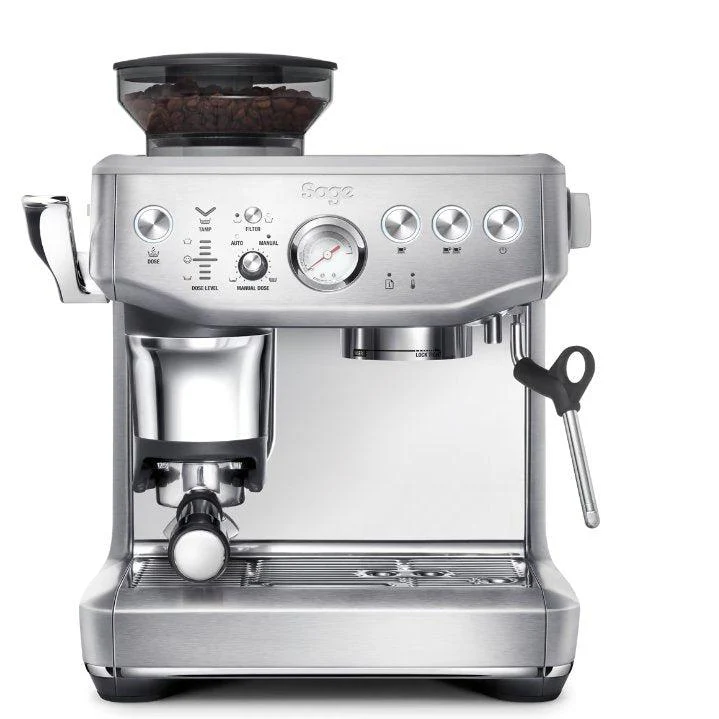

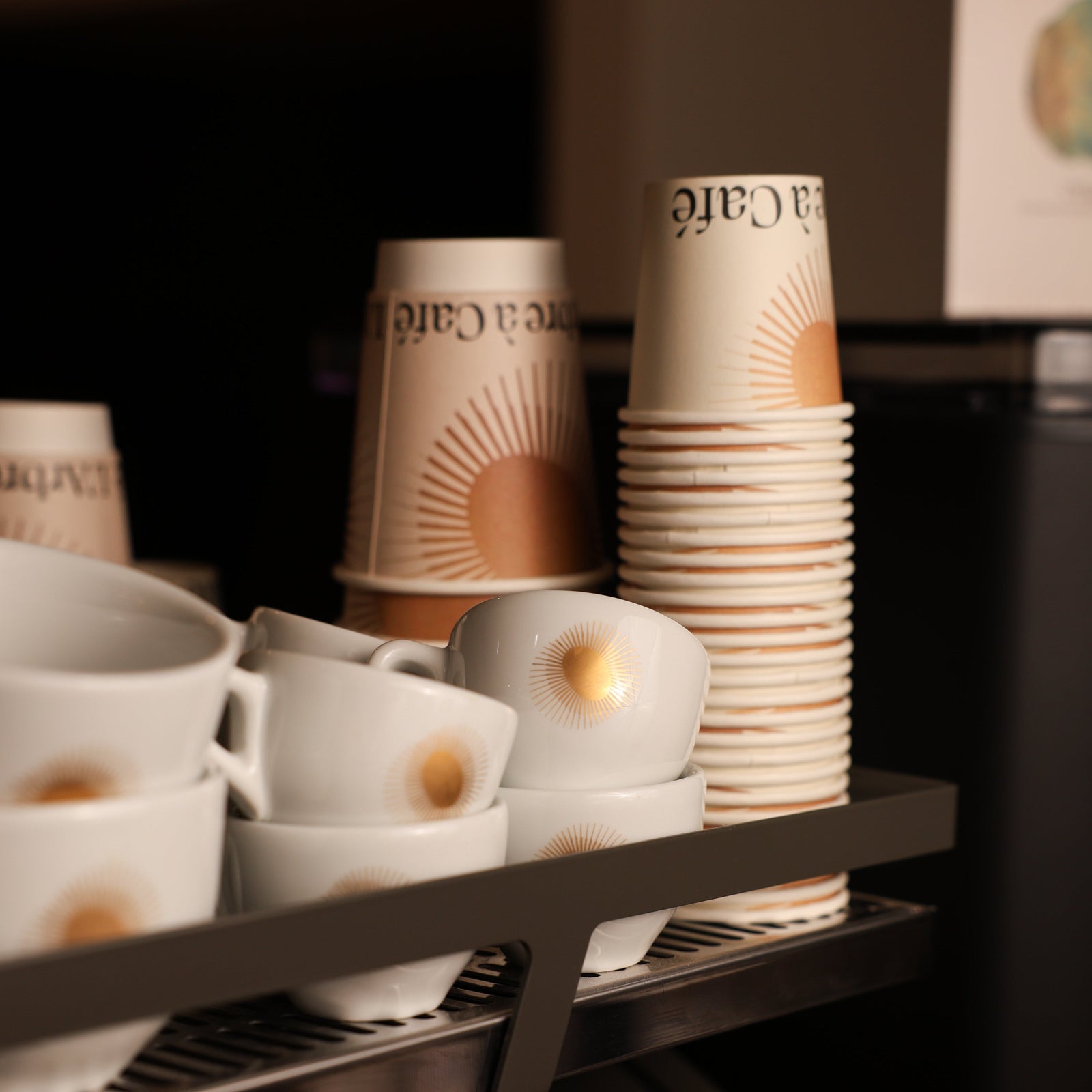
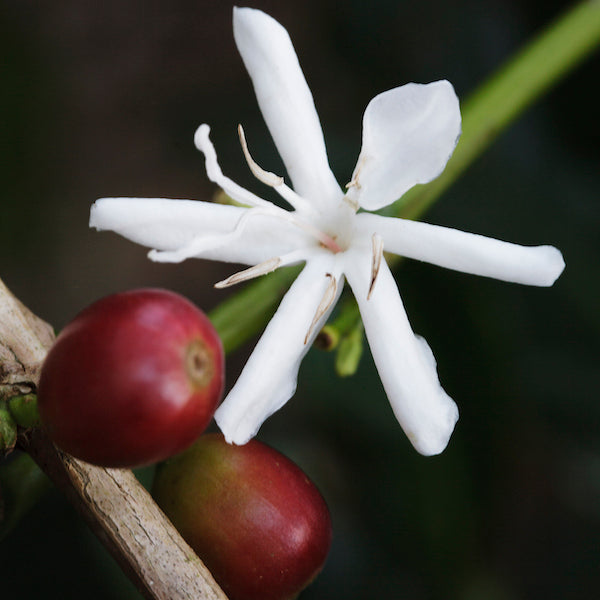
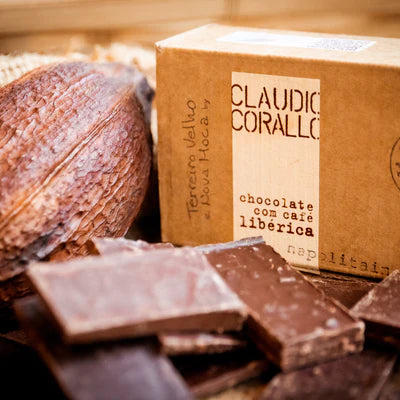
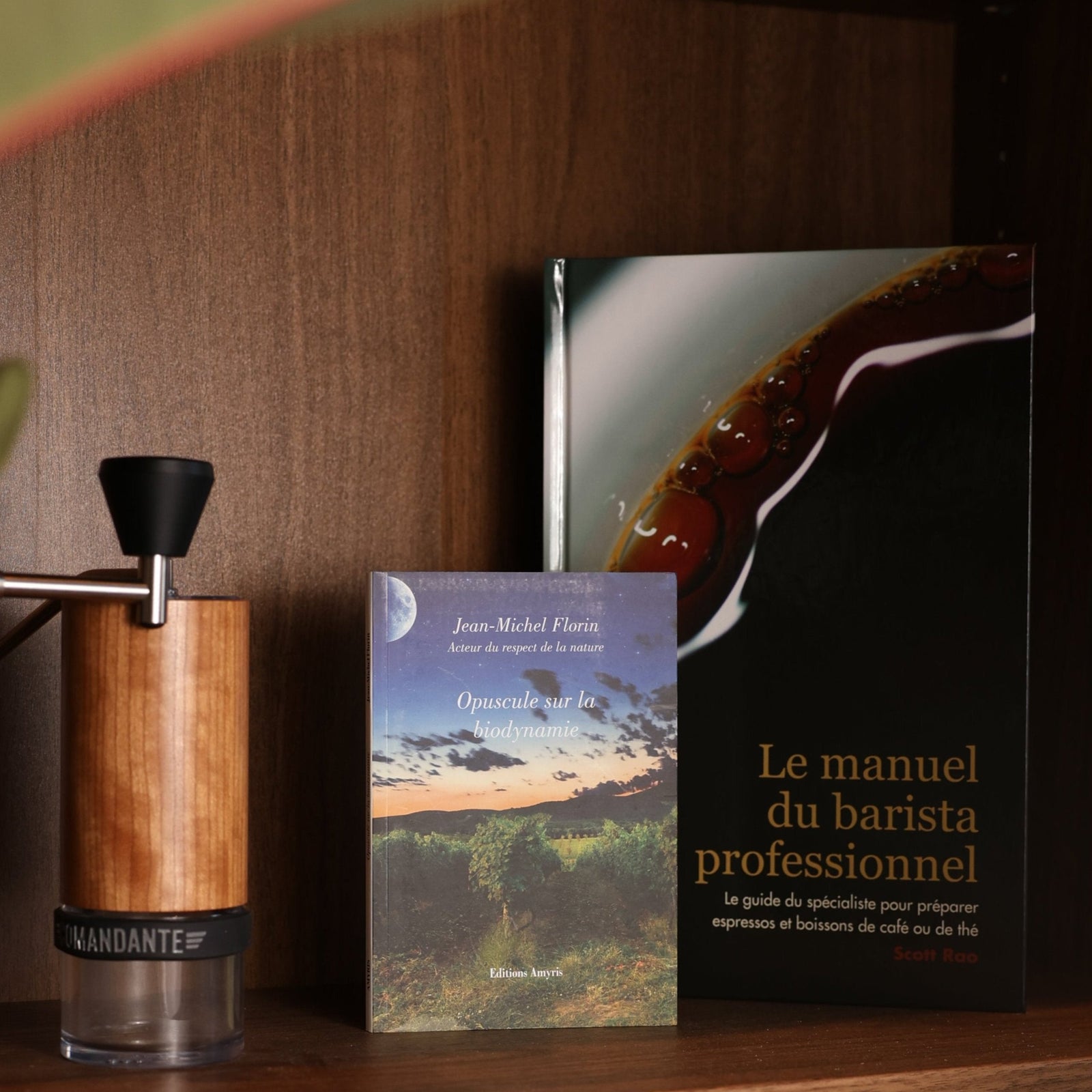

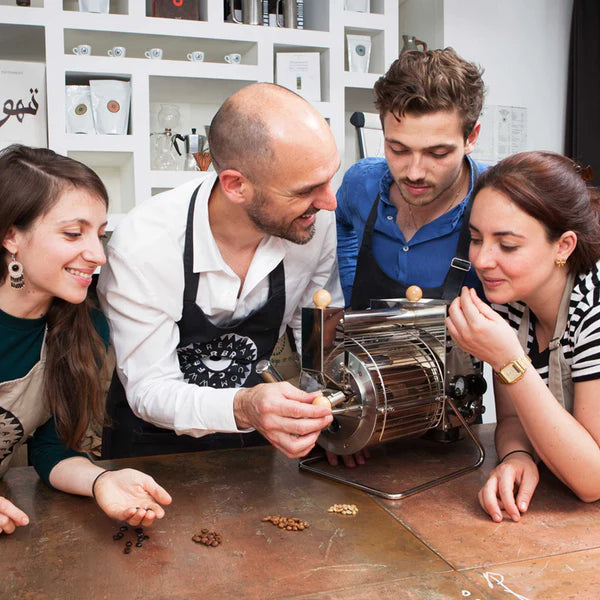
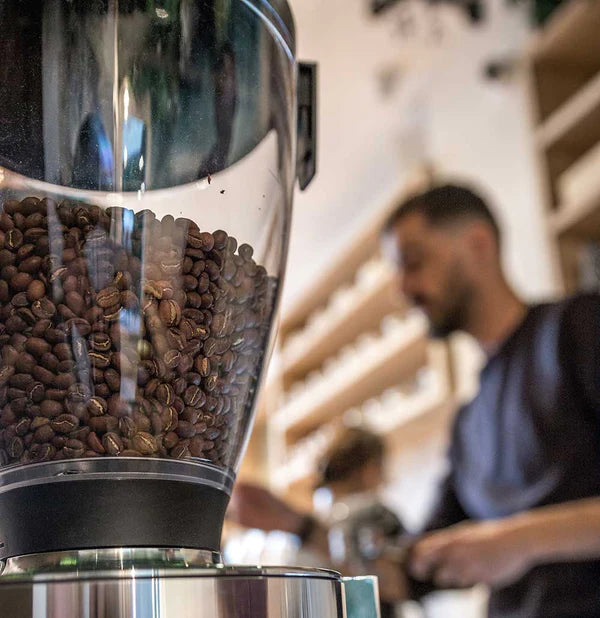
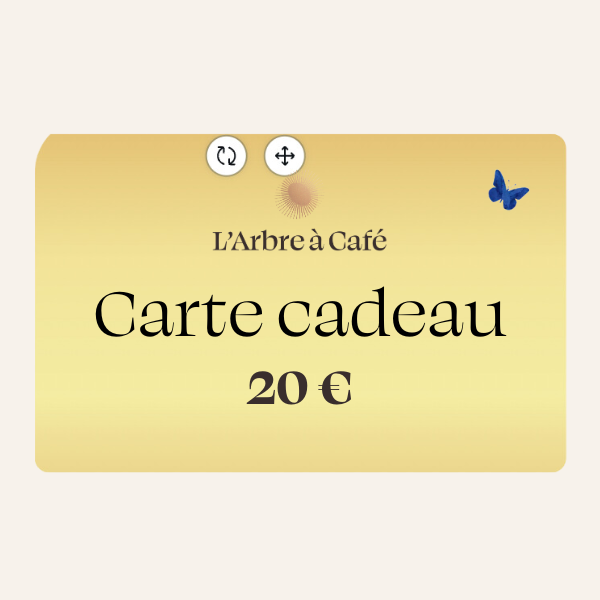
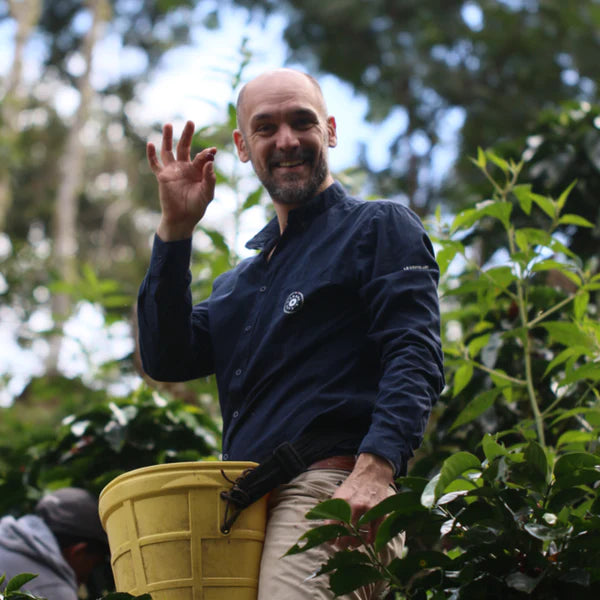
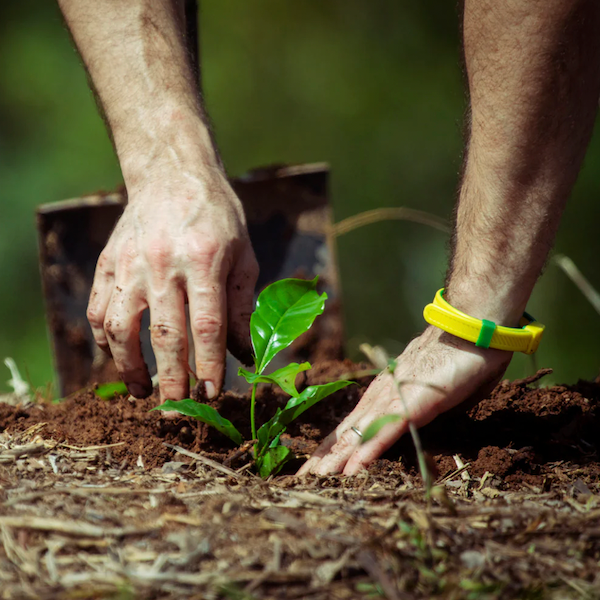
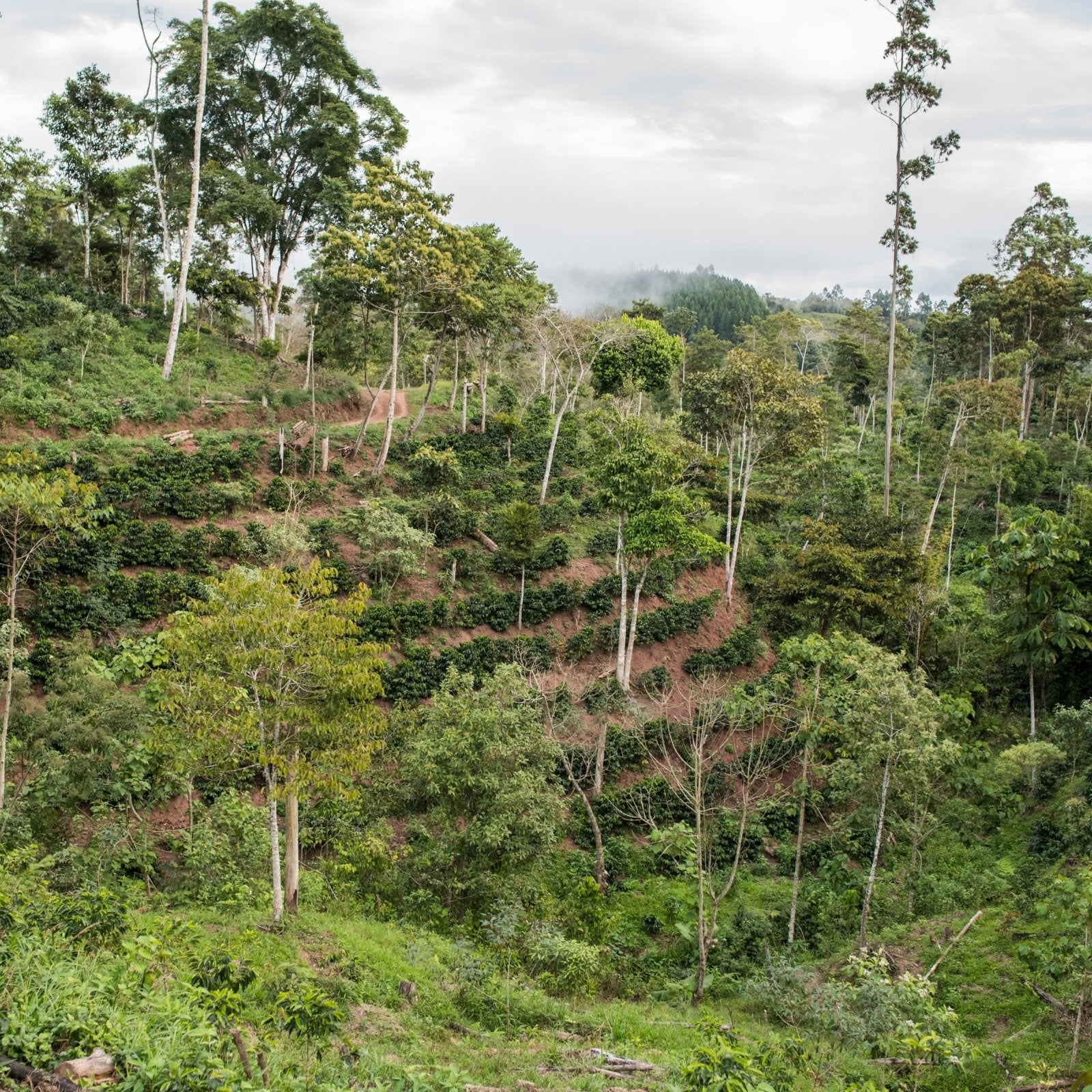

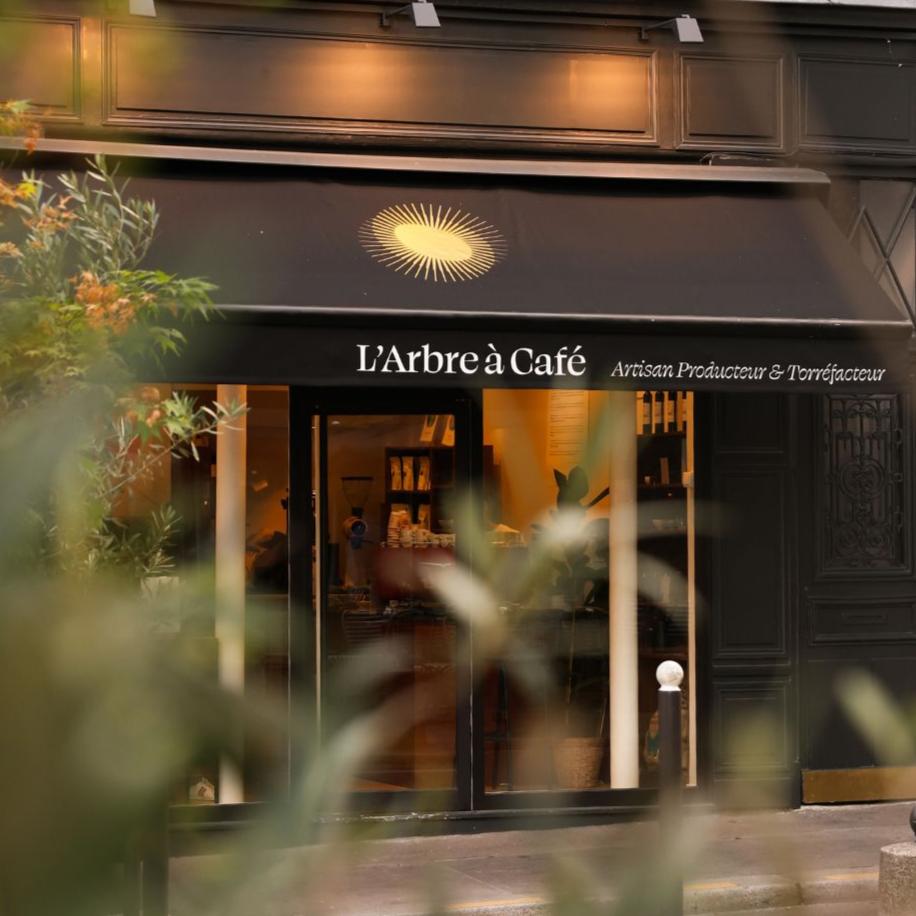
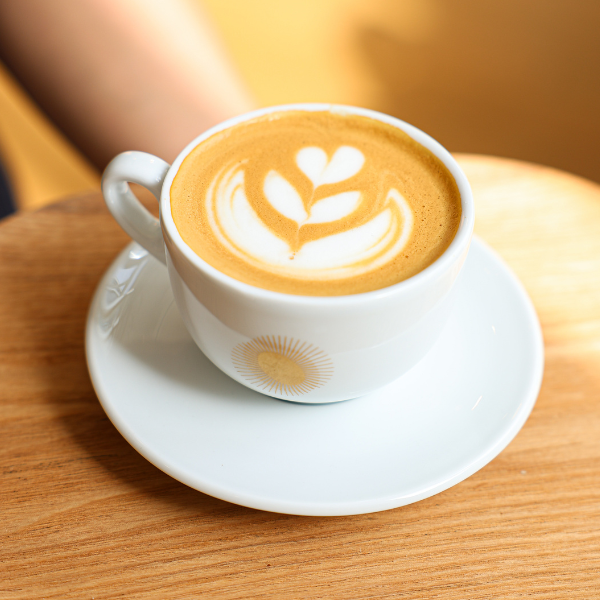
![[Practical guide] How to choose your organic coffee (Labels, Prices, Impact) - L'Arbre à Café](http://www.larbreacafe.com/a/l/en/cdn/shop/articles/guide-pratique-bien-choisir-son-cafe-bio-labels-prix-impact-475168_1600x.jpg?v=1661882653)
